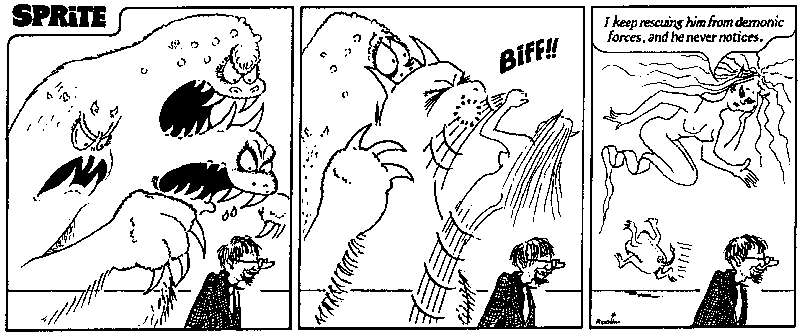It’s my right as a parent to decide what is best for my child. After all, I’m a caring parent who dearly loves her children and would do only what is best for them.
Sounds reasonable? But what if I truly believe I should beat my child. People do. I may want to withhold a life-saving blood transfusion from them. Jehovah Witness parents believe this sincerely. Or I may decide that my child will be better off having quantum-boosted radio waves or happy thoughts beamed at his cancerous growth, rather than nasty chemotherapy.
After all, in commenting on just such a case, the Health and Disability Commissioner has said that parents have the right to choose what treatment is given to their child. I wonder if the commissioner will uphold the rights of people who believe their child’s diabetes will be aided by prayer, rather than by insulin. Somehow I doubt it. Certainly the police aren’t impressed by such arguments – they’ve arrested the parents of one boy who died when prayer failed to cure his cancer.
Yet, in the case of Liam Williams-Holloway, it seemed something was different. Certainly there seemed to be strong public support for a loving, well-intentioned family hounded into hiding by uncaring oncologists. At least this was how the case was presented, for the most part, by the media. I suspect that that had an effect on Robyn Stent’s attitude and probably also on the uncharacteristic silence at the time from the Commissioner for Children.
One constant refrain was that the decision to stop chemotherapy was an informed one. I was therefore dismayed to see the family citing the book “Suppressed Inventions and other Discoveries”, as a reference. As its name suggests, this book deals with a vast range of conspiracy theories, from NASA’s suppression of evidence for intelligent life on Mars through to the perpetual fruitless quest for free energy sources. It is the stuff of which fortunes are made by those prepared to rip off the vulnerable, and you can’t get much more vulnerable than being the parent of a child diagnosed with cancer.
Of course you want your child to be cured. Of course watching them go through an intensive course of chemotherapy is hard. But that doesn’t mean we should let our hopes get in the way of our critical faculties. Surely it becomes even more important then that you question what is going on. By all means question what the medical establishment does and doesn’t want to do.
But, and this is an important “but” that seems to have escaped the attention of the Health Commissioner and other commentators, you also have to question those claiming to have cures through alternative routes. Hold them up to the same scrutiny, demand the same level of evidence and challenge their claims equally enthusiastically.
I will be interested to see what happens when the inevitable outcome occurs and Liam dies. I suspect that public sympathy will be vast and so will the silence on the parents’s culpability. After all, they were caring, well-meaning, well-informed white middle class people, not religious Islanders. I predict that the police will not darken their doorway…
Vicki Hyde, Chair-entity

